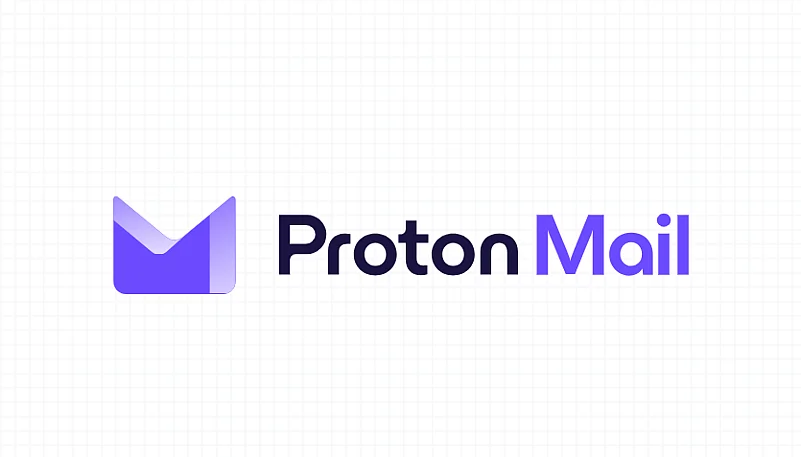Karnataka HC Moves to Ban Proton Mail: Privacy vs Law Enforcement Clash
In a landmark decision, the Karnataka High Court has directed the Indian government to block Proton Mail, the Switzerland-based encrypted email service, following complaints of its misuse for cyber abuse, vulgar emails, and bomb threats.
The court’s order came after M Moser Design Associates India Pvt Ltd, a Bengaluru-based firm, alleged that an anonymous user sent vulgar emails targeting an employee via Proton Mail, causing reputational damage. Despite legal requests, Proton Mail refused to share user data, citing Swiss privacy laws.

Why Proton Mail is Under Fire in India?
1. Used for Cyber Abuse & Bomb Threats
-
A Bengaluru company accused Proton Mail of enabling anonymous harassment.
-
Recent bomb threats to Indian schools were also linked to Proton Mail accounts.
-
With end-to-end encryption, even Proton cannot access emails, making investigations impossible.
2. Refusal to Cooperate with Indian Authorities
-
Proton Mail operates under strict Swiss privacy laws, preventing data sharing with foreign agencies.
-
The service removed its servers from India, further complicating legal requests.
3. Court’s Directive to Block the Service
-
Justice M Nagaprasanna ordered the Centre to take action against Proton Mail.
-
The court noted that anonymity is being misused, posing a national security risk.
Proton Mail’s Privacy vs India’s Security Concerns
Why Do People Use Proton Mail?
✔ End-to-end encryption – No third party, including Proton, can read emails.
✔ Swiss jurisdiction – Strong privacy laws protect user data from government surveillance.
✔ Preferred by activists, journalists, and privacy-conscious users.
Why Is India Concerned?
❌ Cybercriminals exploit anonymity – Harassment, threats, and illegal activities go untraced.
❌ No legal recourse – Indian agencies cannot access data due to Swiss laws.
❌ National security risks – Bomb threats and extremist communications remain unchecked.
Can Proton Mail Actually Be Banned in India?
-
Technically challenging – Proton operates outside India, similar to VPNs.
-
Possible measures:
-
ISP-level blocking (like TikTok, PUBG)
-
Pressure on app stores to delist Proton Mail
-
Legal action under IT Act for non-compliance
-
As of now, Proton Mail remains accessible, but the government may enforce restrictions soon.
Global Precedents: Where Else Is Proton Mail Controversial?
-
France – Investigated for use by criminals.
-
Russia – Partially restricted over encryption concerns.
-
EU – Debates balancing privacy vs law enforcement needs.
What’s Next?
-
Government’s response – Will India enforce a full ban or seek regulatory measures?
-
Proton’s stance – Will they compromise on privacy to operate in India?
-
User impact – Will privacy-conscious Indians shift to alternatives like Tutanota or Skiff?
FAQs on Proton Mail Ban in India
1. Why is Proton Mail being banned in India?
Due to misuse for cyber abuse, bomb threats, and refusal to share user data with Indian authorities.
2. Is Proton Mail illegal in India?
Not yet, but the Karnataka HC has ordered a block. The Centre must decide on enforcement.
3. Can Proton Mail share data if forced?
No, due to Swiss privacy laws, which prevent disclosure without user consent.
4. What are the alternatives to Proton Mail?
Tutanota, Skiff, Mailfence (but they also prioritize encryption).
5. Will a ban affect existing users?
If blocked, access may require VPNs, but emails will remain encrypted.




